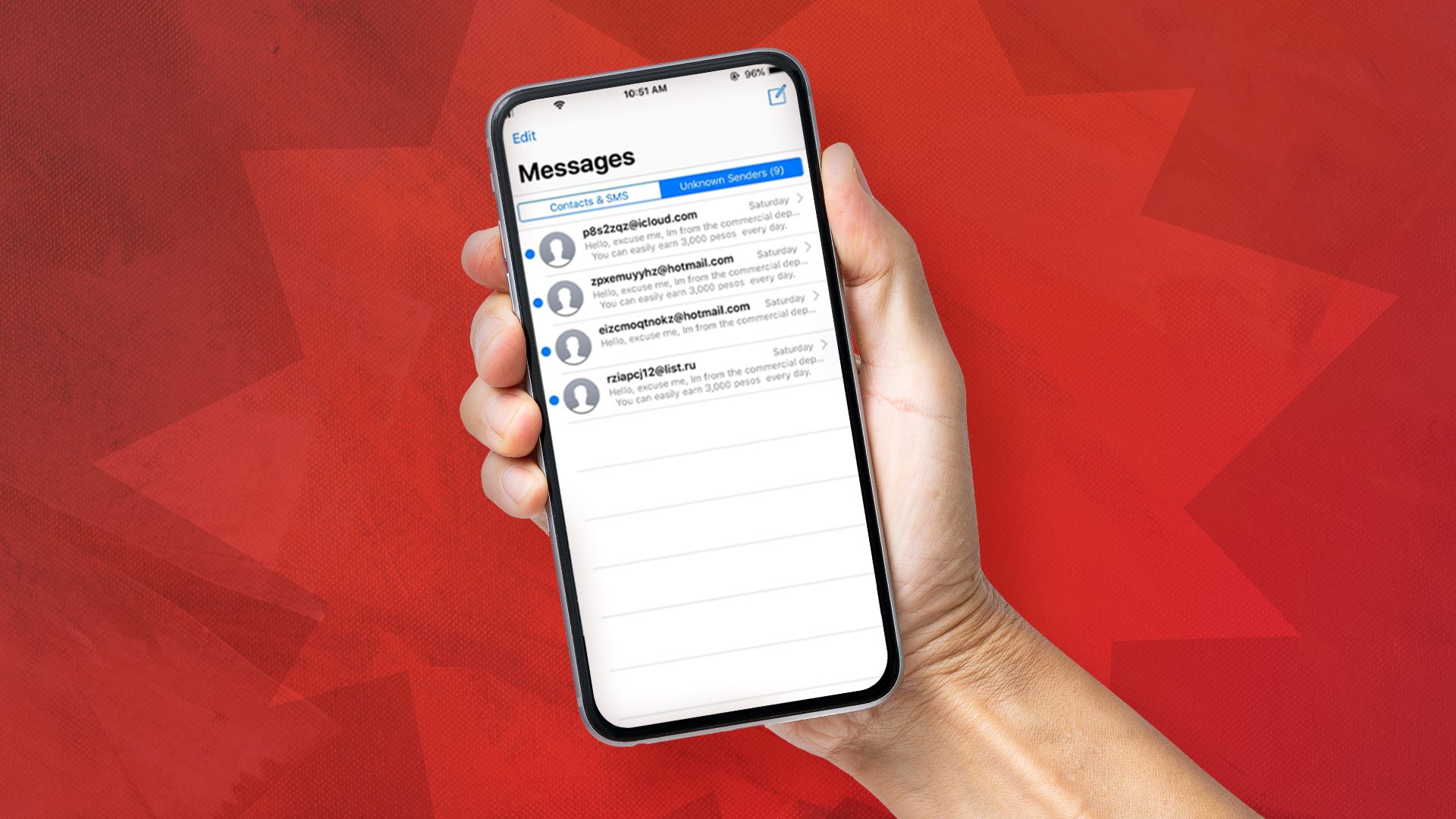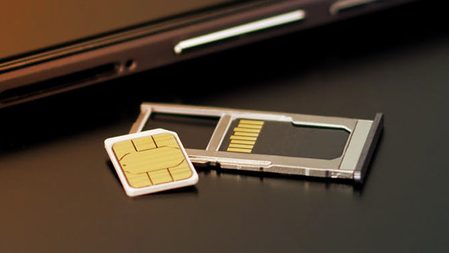SUMMARY
This is AI generated summarization, which may have errors. For context, always refer to the full article.

MANILA, Philippines – Users must be mindful of what they consent to while registering their SIM cards as some telcos include the option to use their information for marketing and analytics purposes.

More than 5 million SIM cards have already been registered, all in a bid to hold users more accountable for their telecommunication activities. However, Ronald Gustilo, national campaigner of digital advocacy group Digital Pinoys, said that the law is unlikely to eliminate spam messages and fraudsters, despite this being among the aims of the bill.
“We have doubts that the SIM registration law will eradicate spamming. In fact, the law may worsen it if the data collected will be compromised,” Gustilo told Rappler.
In addition, Gustilo warned that telcos may also use information gathered during registration for promotional and commercial purposes, leading users to receive more unwanted messages.
He cited Globe’s registration process as an example. While registering, Globe users are asked to agree to a list of conditions. Mixed among these conditions is an optional agreement to “receive commercial and promotional alerts, personalized advertisements, financial service offers, surveys, and similar communications via SMS, email, in-app notifications, and other means.”
Following that condition is another optional agreement to “allow Globe to share my personal data with the Globe Group Portfolio Companies and with Globe’s Partners for credit scoring, business analytics, and product development, as well as for them to advertise and extend their products and services to me.”
“Globe’s attempt to use subscriber data collected from SIM registration law may lead to more unwanted spam messages. While it is optional, some users may click it unwittingly,” Gustilo said.
Smart’s SIM registration process also includes a similar optional condition that reads: “I would like to receive customized offers, recommendations, and promotions from SMART through my contact details, using channels such as SMS, voice call and emails. I understand that this would require SMART to analyze my usage information to create a personal profile about me.”
Gustilo reiterated that users are not required to consent to these conditions to accomplish their SIM registration.
“You can opt in or opt out of it. However, some subscribers may unknowingly click it all, either because they got impatient of the registration process or because they do not understand it. Point is, why would Globe even include this option when the law clearly stated its purpose?” he told Rappler.
Gustilo maintained that telcos should not have added the option, which he said fell beyond what was allowed by the SIM registration law.
“The law is specifically for combating illegal use and malicious activities. Commercial and promotional use of data collected under the law should not be allowed,” he said.
Privacy issues
Groups also criticized the selfie requirement by telcos, which they saw as a “blatant violation” of privacy.
Gustilo said that selfie verification is not included in the SIM registration law and its implementing rules and regulations.
“The registration requirements under the SIM registration ;aw and its implementing rules and regulations is clear. And it does not include selfie verification. The abrupt inclusion of this intrusive requirement violates the privacy of the registrant, and it led to the glitches that subscribers experienced,” he said in a statement.
Junk SIM Registration Network – which describes itself as an alliance of digital experts, consumers, and other concerned groups – also questioned the inclusion of selfies as a registration step.
“Some companies are also requiring selfies as an extra step for registration, a blatant violation as the collection of biometric data is not mandated in the law or its implementing rules and regulations,” the group said in a statement.
Earlier on December 27, Globe had to temporarily pause its registration site while it adjusted its system to include the selfie verification step.
“Globe has been preparing for the implementation of the SIM registration law but had to recalibrate its system within just 15 days given the release of new guidelines under the implementing rules and regulations, including the verification step through a selfie,” the telco said in a statement. – Rappler.com
Add a comment
How does this make you feel?







There are no comments yet. Add your comment to start the conversation.